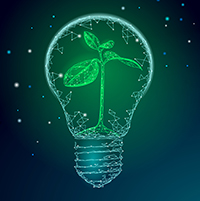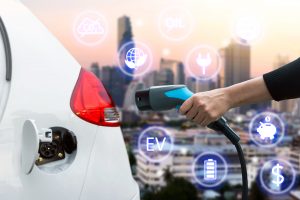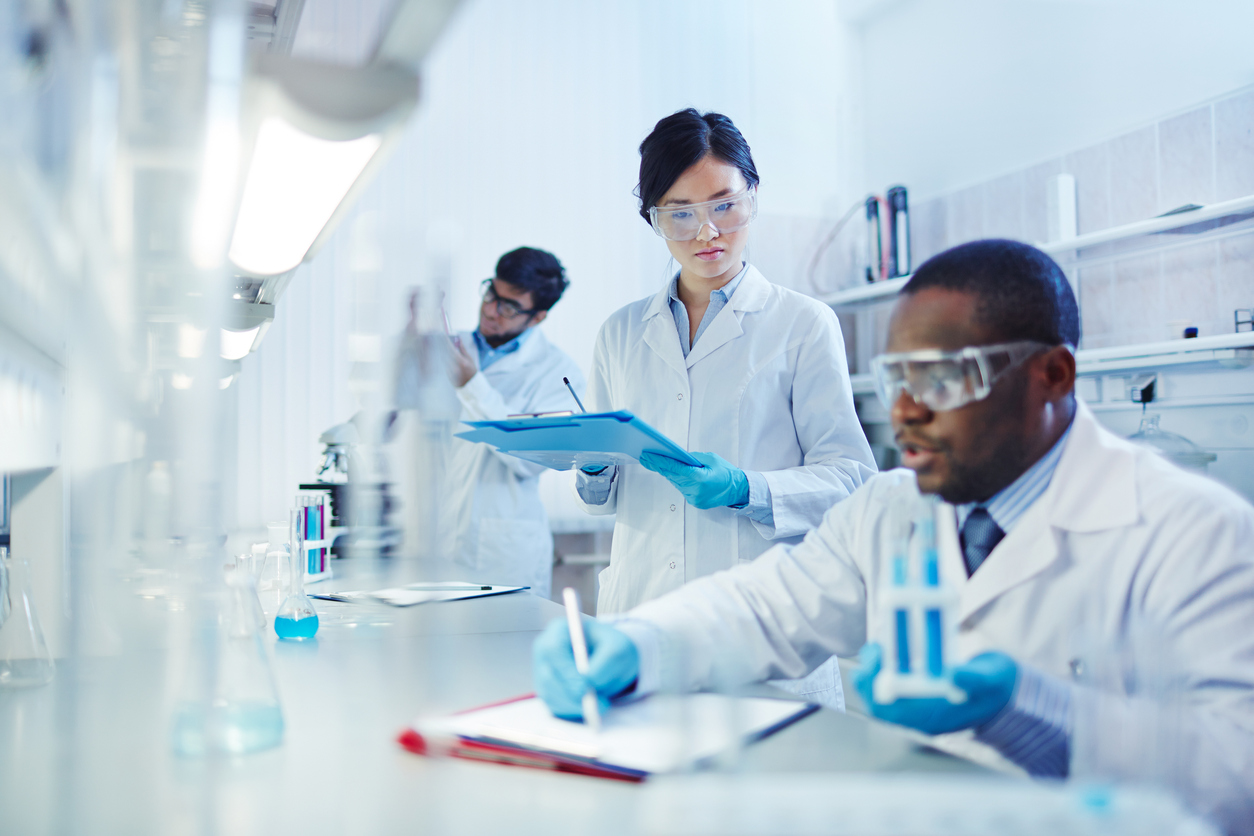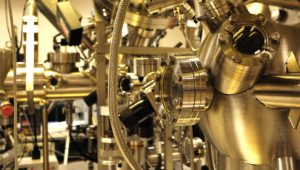 Webinars on June 15, 17, 22, and 29
Webinars on June 15, 17, 22, and 29
Participants are sought from across academia, National Laboratories, industry, and NGOs by the U.S. Department of Energy’s (DOE) Advanced Manufacturing Office (AMO) to provide their expertise, insights, and vision for the use of electrochemical processes across the U.S. industrial sector.
Be an active participant or just a “listener” in a virtual workshop series examining how adopting electrochemical technologies and strategies could substantially improve the performance of the industrial sector, for example in energy productivity, thermal efficiency, reduced greenhouse gas (GHG) emissions, reduced number of process steps. Opportunities for technology development to accelerate commercial deployment will also be discussed.
Help identify technologies and associated R&D opportunities related to electrochemical processing systems used in major industries.
Assist in prioritizing the technical areas where AMO funding could have the greatest impact on manufacturing, energy efficiency, and greenhouse gas emission reduction.
Participate in the June 15 kickoff session to help set the agenda for the series. (more…)
 Program webinar at 1500h ET on November 30, 2022
Program webinar at 1500h ET on November 30, 2022 










